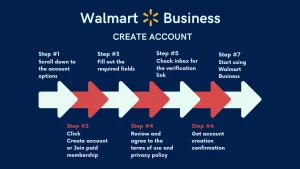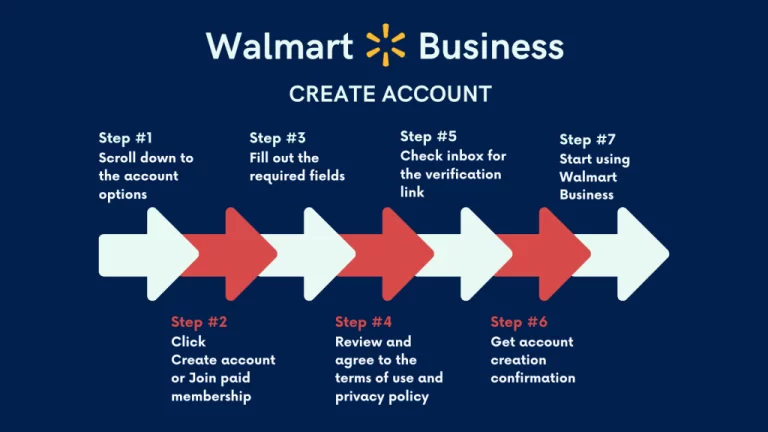Selling a car can be a complicated process, so make sure you have all of your ducks in a row before putting your vehicle up for sale. Before you start selling your car, consider the following:
- Determine the worth of your car: The first step in selling your car is determining its value. This will assist you in determining a reasonable price for your vehicle and will also provide you with an idea of how much you can expect to receive for it. You can find out how much your car is worth by using online resources like Kelley Blue Book or Edmunds.
- Gather all relevant paperwork: Before you begin selling your car, ensure that you have all necessary paperwork, such as the title and registration, to hand over to the buyer. Make duplicates of these documents for yourself and the buyer.
- Make repairs and maintenance: Before selling your car, make sure it is in good working order. This will allow you to command a higher price for your vehicle while also ensuring that the buyer receives a well-maintained vehicle.
- Cleaning and detailing: It is critical to clean the vehicle both inside and out in order to make a good first impression. Repair any scratches, dents, or other cosmetic flaws you find. A detailed car appeals to buyers more, which can help you get a higher price for it.
- Advertise your car: You can advertise your car in a variety of places, including online classifieds, social media, local newspapers, and even a local marketplace. Some of these methods are free, while others charge a fee, so do your research and choose the best one for you.
- Prepare for a test drive: If a buyer is interested in your vehicle, they will most likely want to take it for a spin. Check that you have all of the necessary paperwork in the car, such as your registration and insurance. It’s also a good idea to plan a route for the test drive in order to highlight the car’s best features.
- Complete the transaction: When the buyer is ready to buy your car, double-check that all paperwork is in order and that you have received the agreed-upon payment. If you’re using a trade-in vehicle as a down payment, make sure it’s in good shape. It is also critical to notify the authorities and transfer ownership.
- Selling a car can be a complicated process, but by following these guidelines, you can make it go more smoothly and get a fair price for your vehicle. It’s also a good idea to seek legal advice and/or check your state or local laws for guidance.
Benefits of Selling a Car
- Financial gain: Selling your car can result in a financial gain, particularly if it is in good condition and in high demand.
- Selling your car may enable you to purchase a newer, nicer, or more reliable vehicle.
- Remove the burden of maintenance: Selling your car can relieve you of the responsibility of maintaining and repairing an older vehicle.
- Reduce insurance costs: Selling your car can help you save money on insurance, especially if it is old and considered a higher risk by insurers.
- Reduce parking costs: If you live in a city, particularly one with high parking costs, getting rid of your car will save you money on parking fees or paying to store your vehicle.
- Help the environment: If you decide to buy an electric vehicle (EV) or a hybrid car with better fuel efficiency, selling your car can be beneficial to the environment.
- Less Stress: Owning and maintaining a car can be stressful, especially if it is old and in poor condition. Selling it will allow you to avoid the additional stress.
Disadvantages of selling your car
There are several potential drawbacks to selling a car, which include:
- Financial loss: Depending on the age, condition, and demand of the vehicle, a seller may not be able to recoup the entire cost of the vehicle. Furthermore, there may be costs associated with selling the car, such as advertising expenses or repairs required to increase the car’s value.
- Emotional attachment: Some people have sentimental value for their car and are emotionally attached to it. It may be difficult for them to sell the car.
- Convenience: Having a car provides a certain level of convenience and freedom, and selling it may imply that you are giving up that convenience.
- Finding a replacement: After selling a vehicle, the seller must locate a replacement vehicle. This procedure can be time-consuming and may incur additional costs.
- Legal and logistical processes: Selling a car can entail a lot of legal and logistical paperwork, which can be difficult to navigate and can lead to future problems if not handled properly.
- Timing: If the car is sold at the wrong time, the price of the car will suffer. For example, selling during a low demand season.











+ There are no comments
Add yours